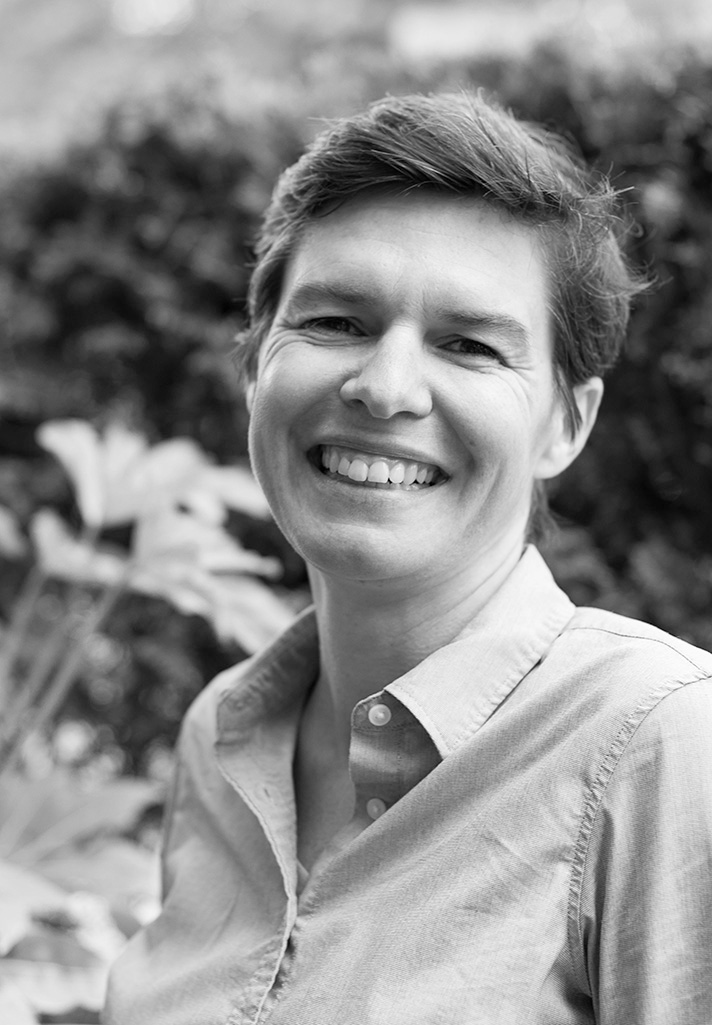Suzanne Smythe
Title: Associate Professor, Adult Literacy and Adult Education
Role: PI
Before joining the university I worked for many years in community and family literacy settings in Canada, South Africa and for a short time in Nicaragua. These experiences opened me to the socio-politics of literacy, particularly in relation to gender, participatory learning and policy.
In the last few years I have brought this sociopolitical sensibility to collaborations with community-based digital literacy organizations. As everyday digital technologies transform ‘literacy-as-usual’, new theories and pedagogies are calling out, those that account for the agency and indeterminacy of machines, the onto-ethics of algorithms and other automated ways of knowing. How might these new literacies of automation generate more (not less) fairness, consent, ethical relations and access?
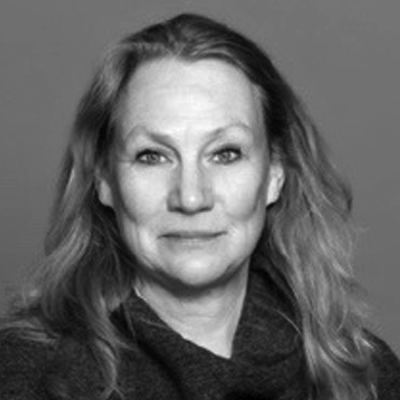
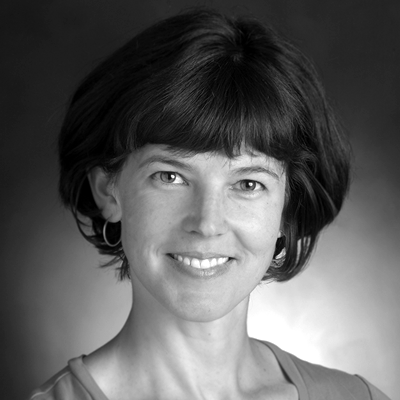
Nathalie Sinclair
Title: Distinguished University Professor
Role: Co-PI
My prior work has mainly related to the teaching and learning of mathematics, with a focus on the role of the body and the material in the shaping of meaning, often in the contexts involving digital technologies.
The non-dualist, quantum-inflected feminist theories that have guided my prior research are useful in the context of this project as we grapple with issues such as the temporality of consent as well as the ethico- and onto-epistemological consequences of automated processes now prevalent in everyday practices of applying for jobs, accessing government services and finding information and resources.
Sheree Rodney
Title: Doctor
Role: Postdoctoral Fellow
I am currently a postdoctoral fellow at Simon Fraser University’s Faculty of Education in British Columbia, Canada. My background blends extensive experience in mathematics education, spanning both higher education and K-12 settings. I have worked in various roles focused on teaching, curriculum development, and quality assurance in education and held leadership and advisory roles, including responsibilities related to teacher training, school inspection, and educational administration.
My research spans multiple disciplines within education, with a central focus on mathematics teaching and learning. I am particularly drawn to the role of embodiment in mathematics education, technology-enhanced learning environments, the emotional aspects of learning, and STEM education. A key area of my current work investigates how curiosity-driven learning, supported by digital tools, can promote deeper mathematical understanding. Additionally, I have broadened my research interests to include teacher education and the exploration of social justice issues within the context of mathematics education.
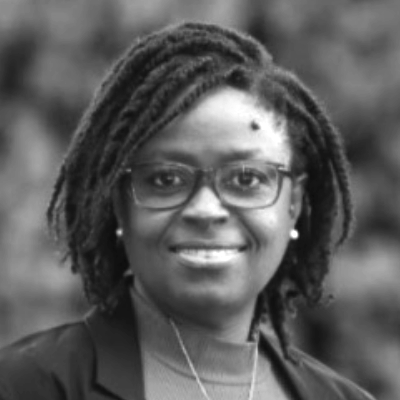
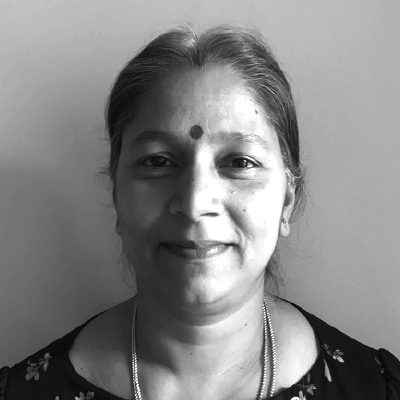
Rajeeta Samala
Role: Adult Literacy Programs at the Burnaby Neighbourhood House.
I’ve been working with EAL and literacy learners for over 10 years. Within the research project, I assist in data generation in our digital literacy classes. Additionally, I support communication between researchers and participants and assist in curricula development and various knowledge mobilisation activities.
Coming from a culture where we often give consent around privacy -without any questioning, it was fascinating to be a part of a research project that studied Consentful Tech. The idea of making online consent a choice so that individuals can make informed decisions about their online data privacy is something that drew me towards this project.
Gwénaëlle André
Title: Doctor
Role: Research Assistant
Building on my work as a digital literacy educator in a community-setting for more than 10 years, my doctoral project aims to provide a renewed digital literacy approach focusing on relational ontologies rather than on individual skills. This reading of digital phenomena asks us to question both individual and collective processes as well as to consider the mode of existence of digital objects.
In this project, I mainly focus my attention on analysing platform sociopolitics and carrying out literature reviews about data, algorithms and artificial intelligence in relation to digital literacies.
gandre (at) sfu.ca
